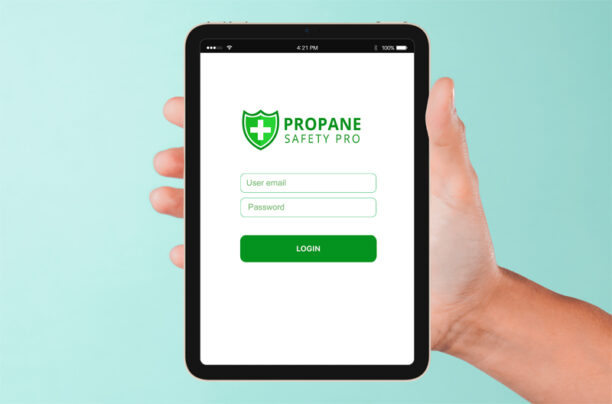Propane Safety Training: Fostering a Culture of Safety

Safety is a cornerstone in the propane industry. From storage facilities to delivery trucks, ensuring the safe handling of propane is not only a legal requirement but also a moral obligation to protect both employees and the community. This article explores the importance of propane safety training for businesses, offering insights into compliance measures and strategies for cultivating a robust safety culture.
Understanding Regulatory Requirements
Regulatory bodies such as the Occupational Safety and Health Administration (OSHA) and the National Fire Protection Association (NFPA) set forth guidelines and regulations governing the safe handling, storage, and transportation of propane. Businesses must familiarize themselves with these regulations and ensure compliance to avoid penalties and, more importantly, prevent accidents and injuries.
Developing Comprehensive Training Programs
Effective propane safety training programs are the cornerstone of a strong safety culture within businesses. These programs should cover a wide range of topics, including proper handling procedures, emergency response protocols, equipment maintenance, and hazard identification. Training should be tailored to the specific roles and responsibilities of employees, ensuring that everyone understands their role in maintaining safety standards.
Implementing Safety Protocols
In addition to training, businesses must establish clear and concise safety protocols for handling propane. This includes guidelines for storage, transportation, refueling procedures, leak detection, and emergency shutdown procedures. Regular safety inspections and audits should be conducted to ensure that protocols are being followed and any potential hazards are addressed promptly.
Fostering a Culture of Safety Awareness
A strong safety culture starts from the top down. Business owners and management should lead by example, prioritizing safety in all aspects of operations. Employees should be encouraged to report any safety concerns or incidents without fear of reprisal. Recognizing and rewarding safe behavior can further reinforce a culture of safety awareness and accountability.
Investing in Continuous Training and Improvement
Safety training does not happen overnight; it is an ongoing process. Businesses should invest in continuous training and education to keep employees up-to-date on the latest safety protocols, regulations, and best practices. Regular safety meetings, refresher courses, and drills can help reinforce training and ensure that safety remains a top priority.
Tools such as the Propane Safety App offer invaluable support in the vital endeavor of propane safety training. With features to assist in developing emergency action plans, policies and procedures, security protocols, and safety training, Propane Safety Pro’s innovative Propane Safety App streamlines safety management processes, making compliance easier and more effective. For more information on how Propane Safety Pro can support and enhance your propane business’s safety initiatives, visit their website at PropaneSafetyPro.com.
















